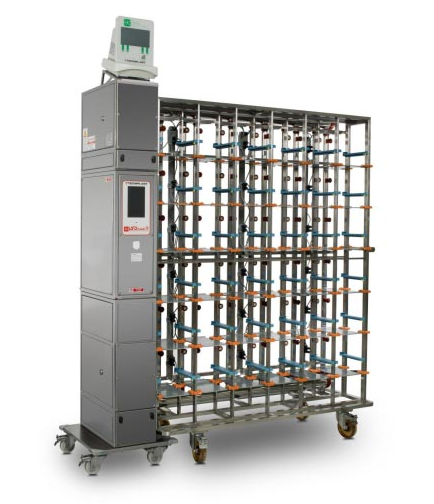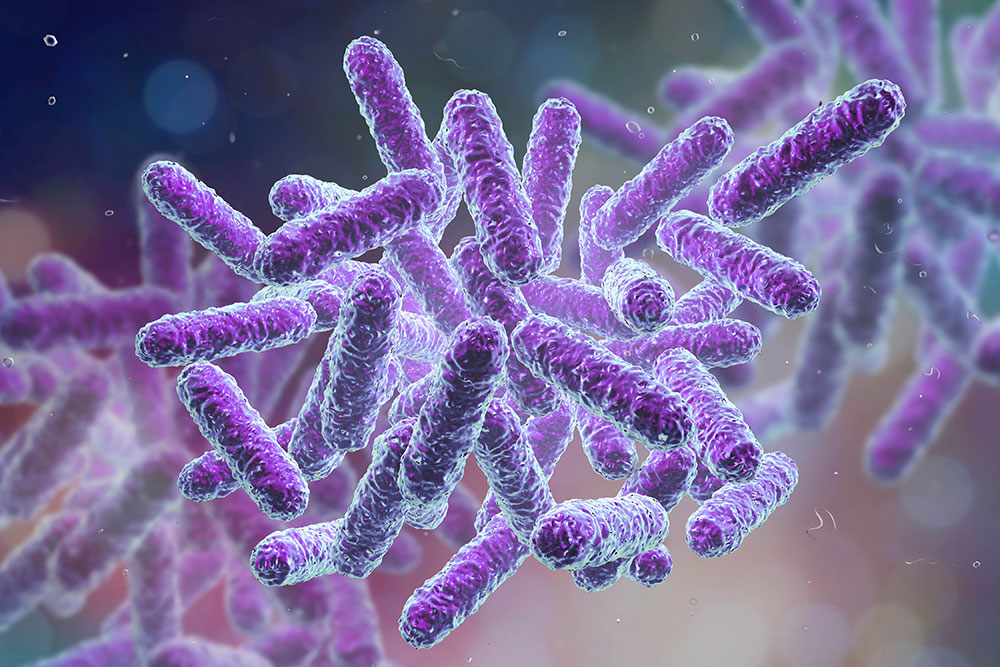A recent Nature article emphasized how microbiome research is becoming central to understanding the development of neurological disorders (Ref. https://www.nature.com/articles/d41586-021-00260-3)
In fact, a few scientists including John F. Cryan, University of Cork, paved the way with fundamental findings as to how trillions of bacteria could drive disease development. One of the most cited studies is about insertion of misfolded alpha-sinuclein protein in the gut leading to Parkinsonian-like syndrome in mice while Lewy Bodies can be found in different brain regions including brainstem, hippocampus and olfactory bulb. If the vagus , however, is never cut, Parkinson does not manifest itself in germ-free mice.
A new line of treatment is probiotic medicine in which diets-based research as well as specific probiotics are used in combination or alone to treat or ameliorate the symptoms that are manifestations of different neurological diseases.
Current studies are unveiling causal relationship between brain-gut interaction with the aim of understanding underlying neural circuitries and molecular mechanisms of such diseases that are more complex in their manifestations than expected.
Dr. Stefano Gaburro, PhD
Recent Articles
- Gnotobiotic facilities: writing inside isolators 4 April 2022
- Germ-free cage sterilization 24 January 2022
- Microbiota and its importance in aging 25 October 2021
- Procedural diversity and technical choices working with gnotobiotic mice in IVCs. (part 2) 27 September 2021
- Procedural diversity and technical choices working with gnotobiotic mice in IVCs. (part 1) 30 August 2021
DVC – Digital Ventilated Cage for digital vivarium

The DVC® is capable to provide novel insights and enhance animal welfare checks thanks to the automatic data collection directly from the cage level. Specifically designed DVC® board enables different benefits for the researchers and vivarium people.

